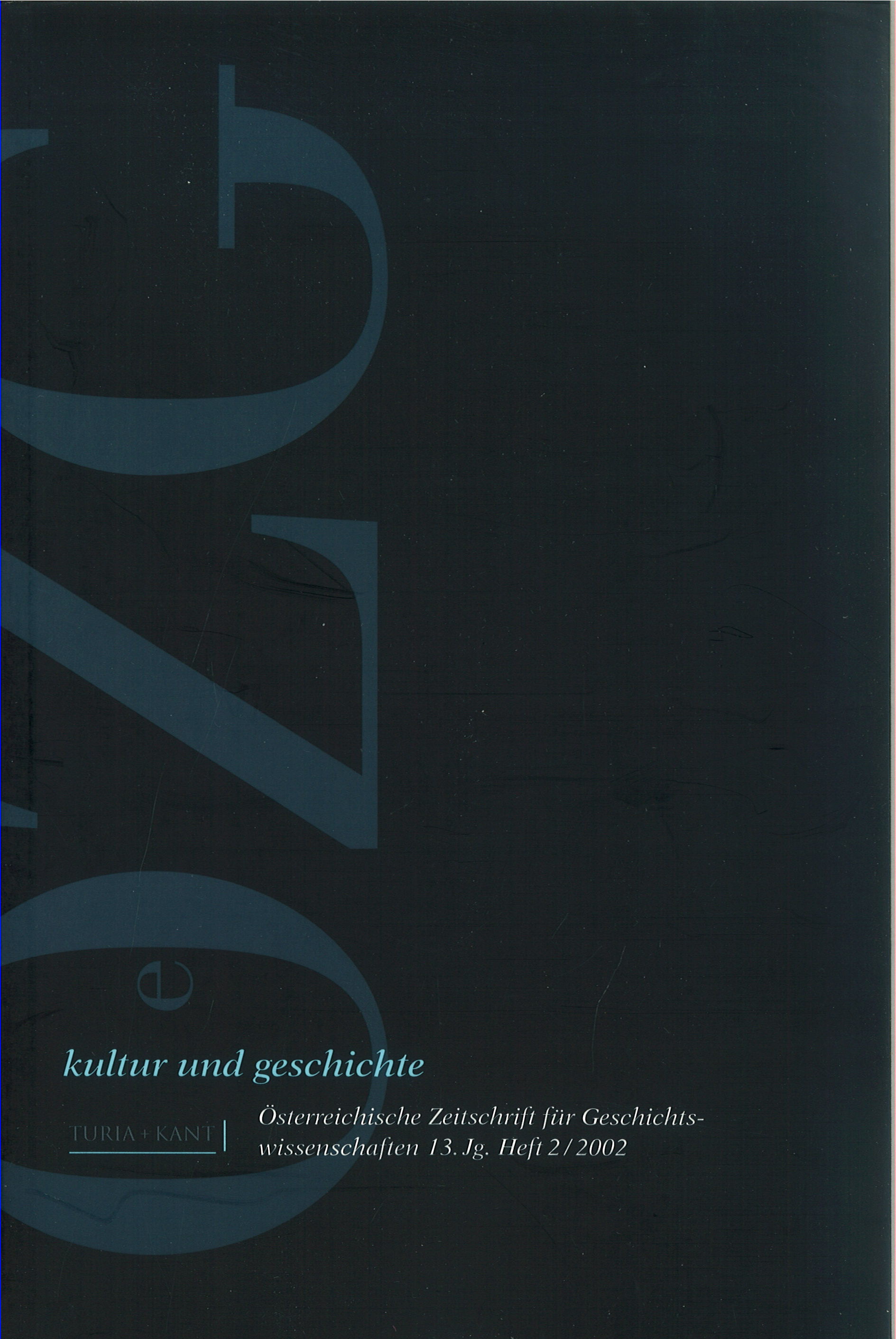Das Abseits als unsicherer Ort
Gnadengesuche politischer Gefangener im Nationalsozialismus als autobiographische Texte
DOI:
https://doi.org/10.25365/oezg-2002-13-2-4Abstract
The article analyzes clemency pleas of political prisoners of the leftist resistance movement against National Socialism. The questions of the documentary significance and the autobiographical dimensions of clemency pleas stand in the forefront. This focus is prompted by the recent expansion in thc definition of ego documents, in which the relationship between »voluntary« and »involuntary« autobiographical texts is increasingly considered. Written in compulsory and violent contexts, these texts, however, also revcal the authors' attempts to create - even if minimal and, at times, ambiguous - spheres of agency. In clemency pleas and statements pledging societal integration, efforts of imprisoned men and women to convincingly distance themselves from their previous lives become recognizable, as weil as attempts to create the most credible autobiographical 'authenticity'. The practice of clemency, which was bound to institutional regulations, illuminates the dynamic processes of authorities regarding perceptions of who was considered to be »worthy« of clemency, as weil as the possibilities of receiving clemency. Furthermore, an analysis of clemency practices sheds light upon the question of »völkisch « integration, which was played out in the arena of tension that existed between practices of power, legal norms, and the stratcgies of prisoners.


